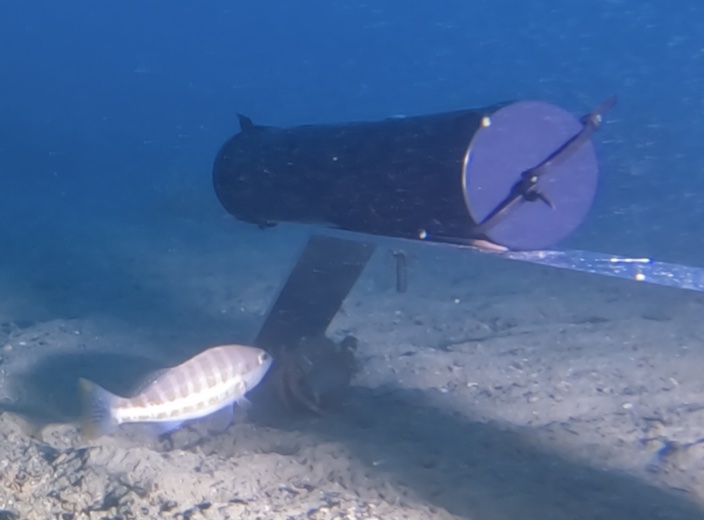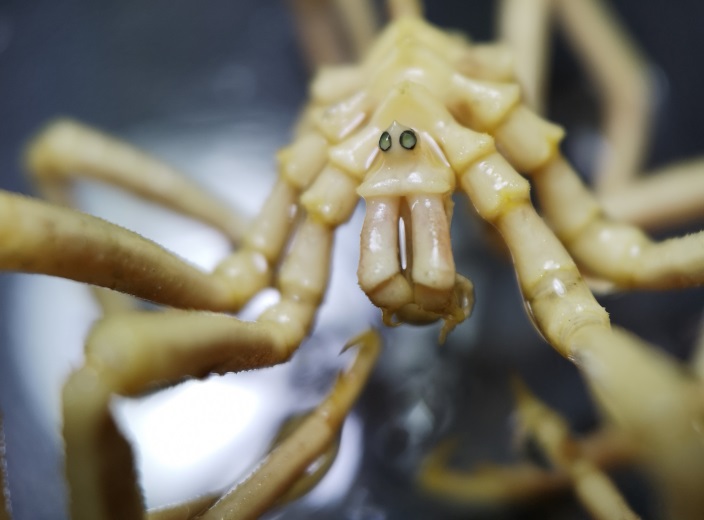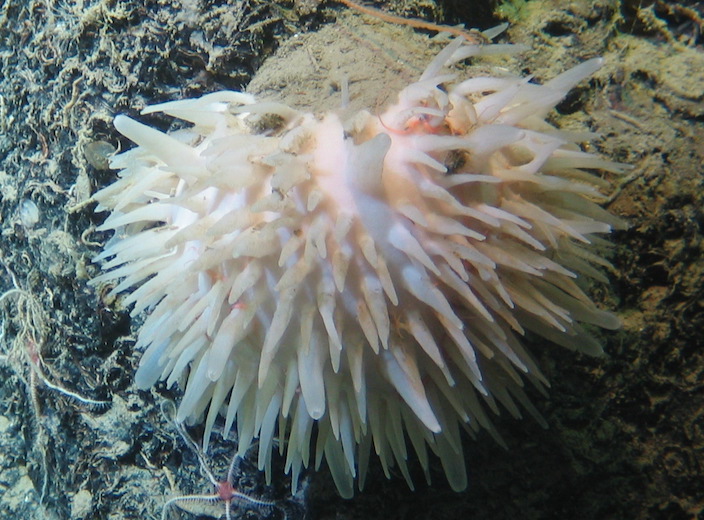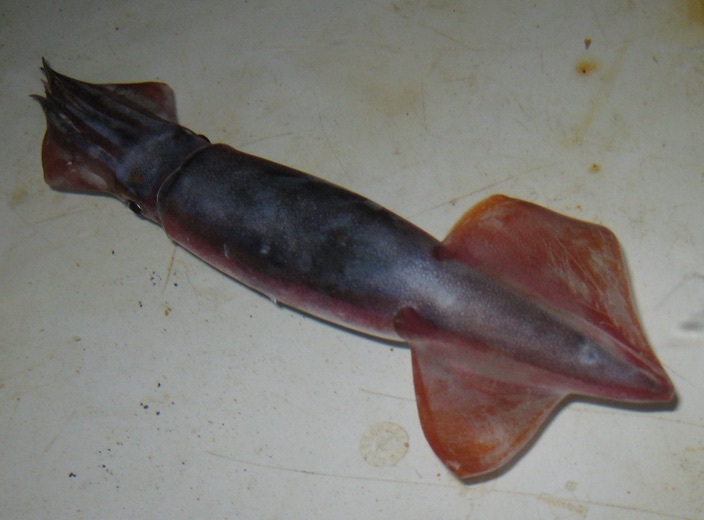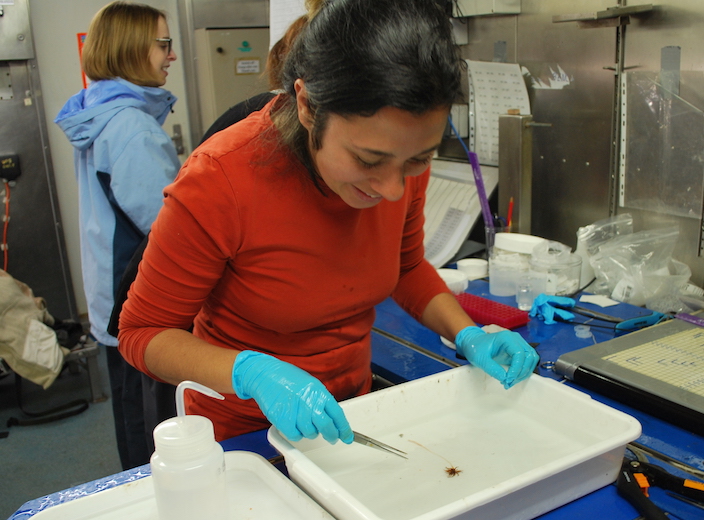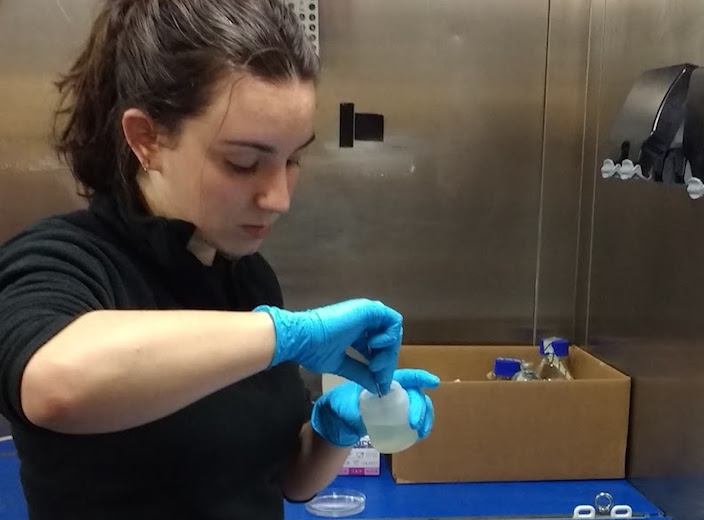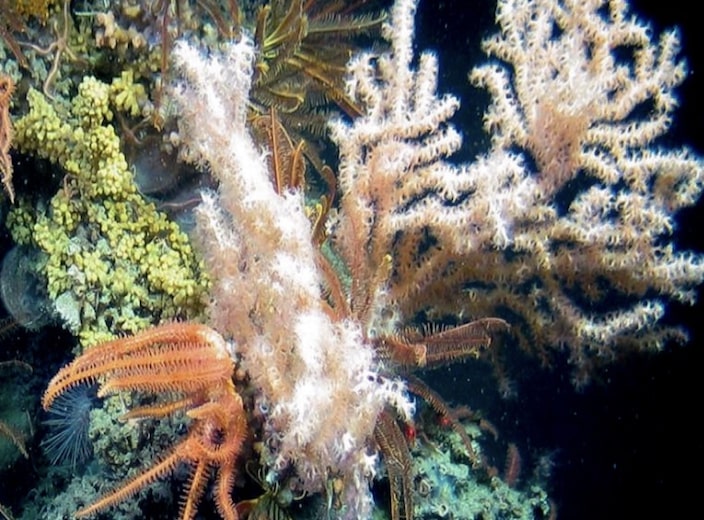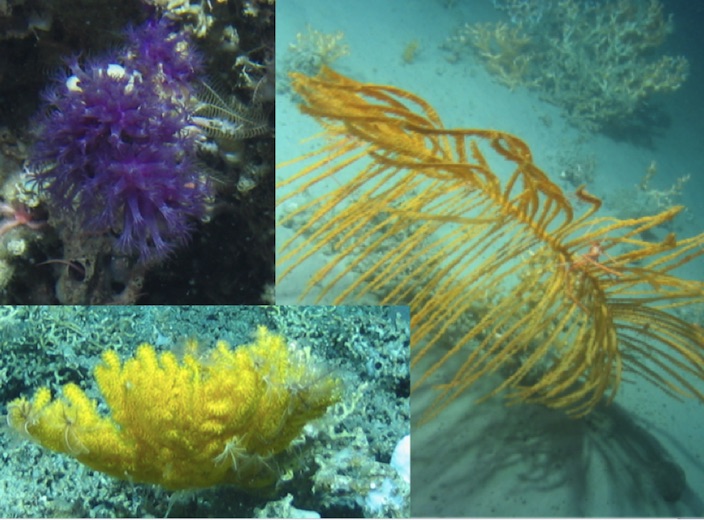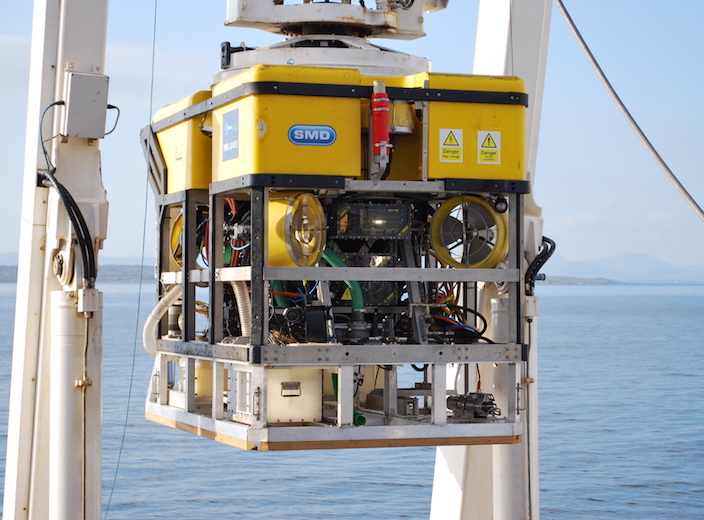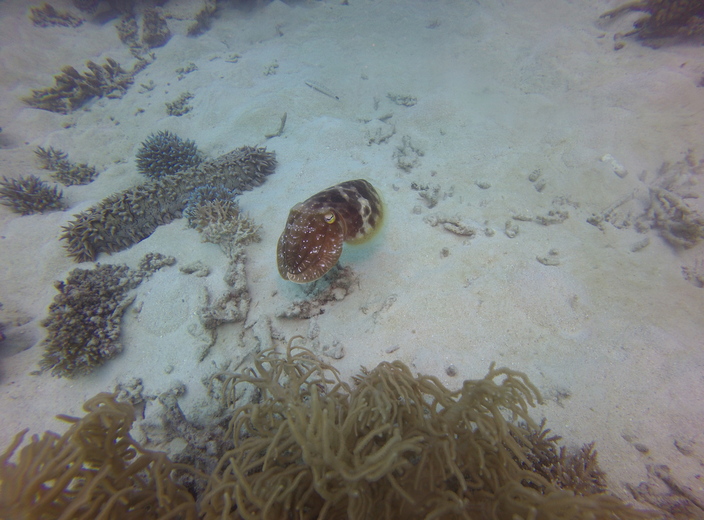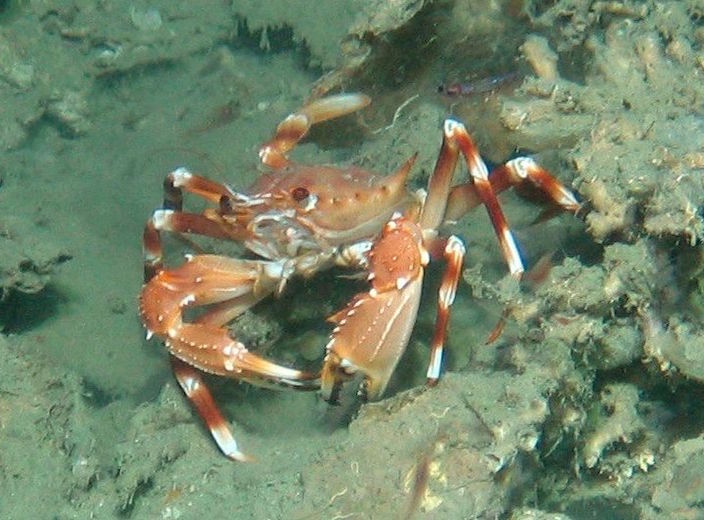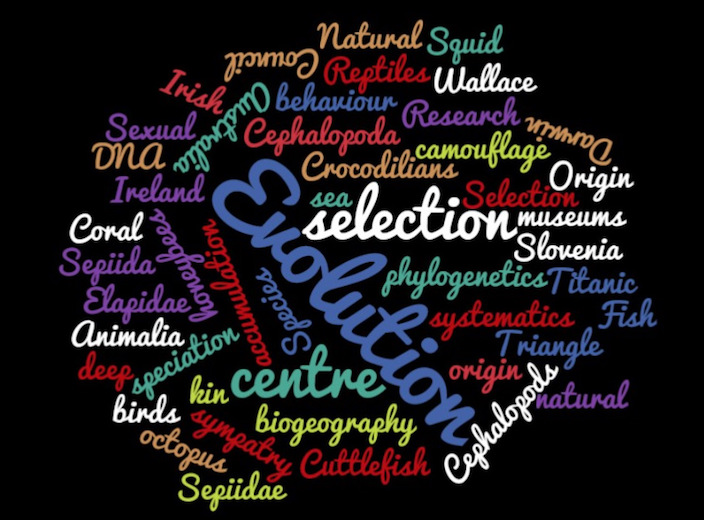-
Courses

Courses
Choosing a course is one of the most important decisions you'll ever make! View our courses and see what our students and lecturers have to say about the courses you are interested in at the links below.
-
University Life

University Life
Each year more than 4,000 choose University of Galway as their University of choice. Find out what life at University of Galway is all about here.
-
About University of Galway

About University of Galway
Since 1845, University of Galway has been sharing the highest quality teaching and research with Ireland and the world. Find out what makes our University so special – from our distinguished history to the latest news and campus developments.
-
Colleges & Schools

Colleges & Schools
University of Galway has earned international recognition as a research-led university with a commitment to top quality teaching across a range of key areas of expertise.
-
Research & Innovation

Research & Innovation
University of Galway’s vibrant research community take on some of the most pressing challenges of our times.
-
Business & Industry

Guiding Breakthrough Research at University of Galway
We explore and facilitate commercial opportunities for the research community at University of Galway, as well as facilitating industry partnership.
-
Alumni & Friends

Alumni & Friends
There are 128,000 University of Galway alumni worldwide. Stay connected to your alumni community! Join our social networks and update your details online.
-
Community Engagement

Community Engagement
At University of Galway, we believe that the best learning takes place when you apply what you learn in a real world context. That's why many of our courses include work placements or community projects.
Deep-sea Biology and Cephalopods
Prof Louise Allcock
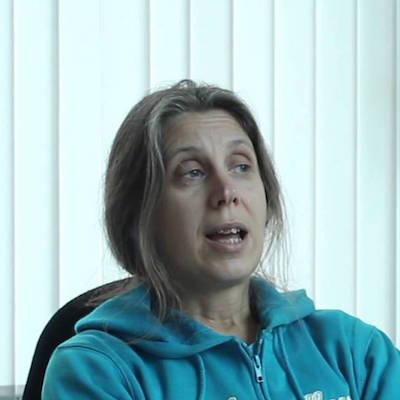 I fell in love with the deep-sea through my work on octopuses and my research is now multi-stranded. I continue to study cephalopod ecology and evolution but I also have projects studying the biodiversity and ecosystem functioning of submarine canyons, with a particular focus on Vulnerable Marine Ecosystems (VMEs), and additional projects looking at shallower faunal assemblages. The multi-stranded nature of my research has led me to be involved in many committees and groups. I'm part of the Species Survival Commission's mollusc specialist group and through that have led the assessment of over 750 cephalopods for the IUCN Red List. I chaired, on behalf of Ireland, the Status Assessments of deep-water OSPAR Listed Threatened/Declining VME Habitats working with international experts from across Europe, and recently chaired Ireland’s Marine Protected Area (MPA) Advisory Group, providing expert advice to Government on MPA expansion. I sit on Ireland's UN Decade of the Ocean national committee, also UN Ocean Vision 2030 'Working Group 2: Protect and restore ecosystems and biodiversity', I chair the North Atlantic Regional working group of the UN Ocean Decade programme “Challenger 150”, am vice chair of the UN Ocean Decade endorsed COST Action 'Marine Animal Forests of the World'.
I fell in love with the deep-sea through my work on octopuses and my research is now multi-stranded. I continue to study cephalopod ecology and evolution but I also have projects studying the biodiversity and ecosystem functioning of submarine canyons, with a particular focus on Vulnerable Marine Ecosystems (VMEs), and additional projects looking at shallower faunal assemblages. The multi-stranded nature of my research has led me to be involved in many committees and groups. I'm part of the Species Survival Commission's mollusc specialist group and through that have led the assessment of over 750 cephalopods for the IUCN Red List. I chaired, on behalf of Ireland, the Status Assessments of deep-water OSPAR Listed Threatened/Declining VME Habitats working with international experts from across Europe, and recently chaired Ireland’s Marine Protected Area (MPA) Advisory Group, providing expert advice to Government on MPA expansion. I sit on Ireland's UN Decade of the Ocean national committee, also UN Ocean Vision 2030 'Working Group 2: Protect and restore ecosystems and biodiversity', I chair the North Atlantic Regional working group of the UN Ocean Decade programme “Challenger 150”, am vice chair of the UN Ocean Decade endorsed COST Action 'Marine Animal Forests of the World'.
Cephalopod Evolution
During my PhD on Antarctic octopuses I uncovered an endemic radiation of species and later, with my collaborator Jan Strugnell, showed how deep-sea octopuses found throughout the world’s oceans had their evolutionary origins in Antarctica. This led to a long-term fascination with cephalopod evolution, a subject which is far from resolved, and on which my group is still working.
In an attempt to share my love of cephalopods, I co-authored a richly illustrated book on them in 2018. The UK imprint (left image) is sold out, but US version (that has the same content but a different cover) is still available (as well as German, French, Spanish & Japanese translations). I followed this in 2023 with a co-authored book on the deep ocean.
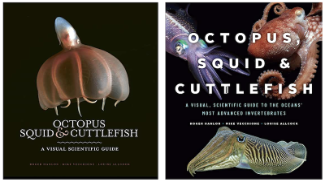
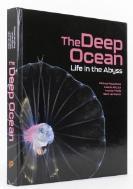
Deep-sea Science
Since 2010 I’ve been leading a cruise programme to submarine canyons on the Irish continental margin. We have been deploying the National deep-water ROV Holland I from RV Celtic Explorer to study the vulnerable marine ecosystems of the canyon walls, and document their remarkable biodiversity. I was funded by Science Foundation Ireland to seek new marine natural products from Ireland's deep sea. A collaboration with USF's Bill Baker, this project was truly interdisciplinary, with a huge chemistry component, but it also had conservation objectives, and involved extensive species distribution modelling of deep-sea corals and sponges. My team continues to explore the Irish continental margin, with recent cruises extending out to Fangorn Bank (south of Rockall). As part of these explorations, several of my PhD students have also focussed on the systematics of deep-sea corals.
Marine Animal Forests
The complex faunal assemblages on the deep-sea floor - the 'marine animal forest' - provide niches for many other organisms and extensive ecosystem services. They are highly in need of protection, both in the deep-sea and elsewhere. My team is contributing to international programmes studying the Marine Animal Forests including the MAF-World COST Action and the EU project Ocean Citizen, which seeks to find effective ways to restore degraded marine animal forests. We are deploying BRUVS (Baited Underwater Video Systems) at various sites in Europe where restoration actions are scheduled, to asses the impact of restoration on associated fauna.
Group members
Current group members are....
You can also:
Email me: louise.allcock@universityofgalway.ie
See my Google Scholar profile
See my ISI listed publications under researcher ID or ORCID
Follow me on Twitter/Bluesky: @DrShmoo
Former group members
Gone but not forgotten!
Exploiting and Conserving Deep-sea Genetic Resources
 The search for marine natural products from Ireland's deep-sea corals and sponges. An interdisciplinary project looking for new organic compounds with potential pharmaceutical uses.
The search for marine natural products from Ireland's deep-sea corals and sponges. An interdisciplinary project looking for new organic compounds with potential pharmaceutical uses.
Ocean Citizen
 Ocean Citizen aims restore degraded marine animal forests and provide nature-based solutions for climate change mitigation. Read more...
Ocean Citizen aims restore degraded marine animal forests and provide nature-based solutions for climate change mitigation. Read more...
MAF-World
 The COST Action 'Marine Animal Forests of the World' aims to unify protocols for restoration of the Marine Animal Forests of the World. Read more...
The COST Action 'Marine Animal Forests of the World' aims to unify protocols for restoration of the Marine Animal Forests of the World. Read more...
Cephs and Chefs
 Given the ban on discards from fisheries, can we get Ireland to value cephalopods as a delicacy by learning from our European counterparts? Read more...
Given the ban on discards from fisheries, can we get Ireland to value cephalopods as a delicacy by learning from our European counterparts? Read more...
ASSEMBLE Plus
 ASSEMBLE Plus provides scientists with Transnational Access to marine biological stations and a wide variety of state-of-the-art experimental and analytical facilities, and advanced training opportunities. Read more...
ASSEMBLE Plus provides scientists with Transnational Access to marine biological stations and a wide variety of state-of-the-art experimental and analytical facilities, and advanced training opportunities. Read more...








